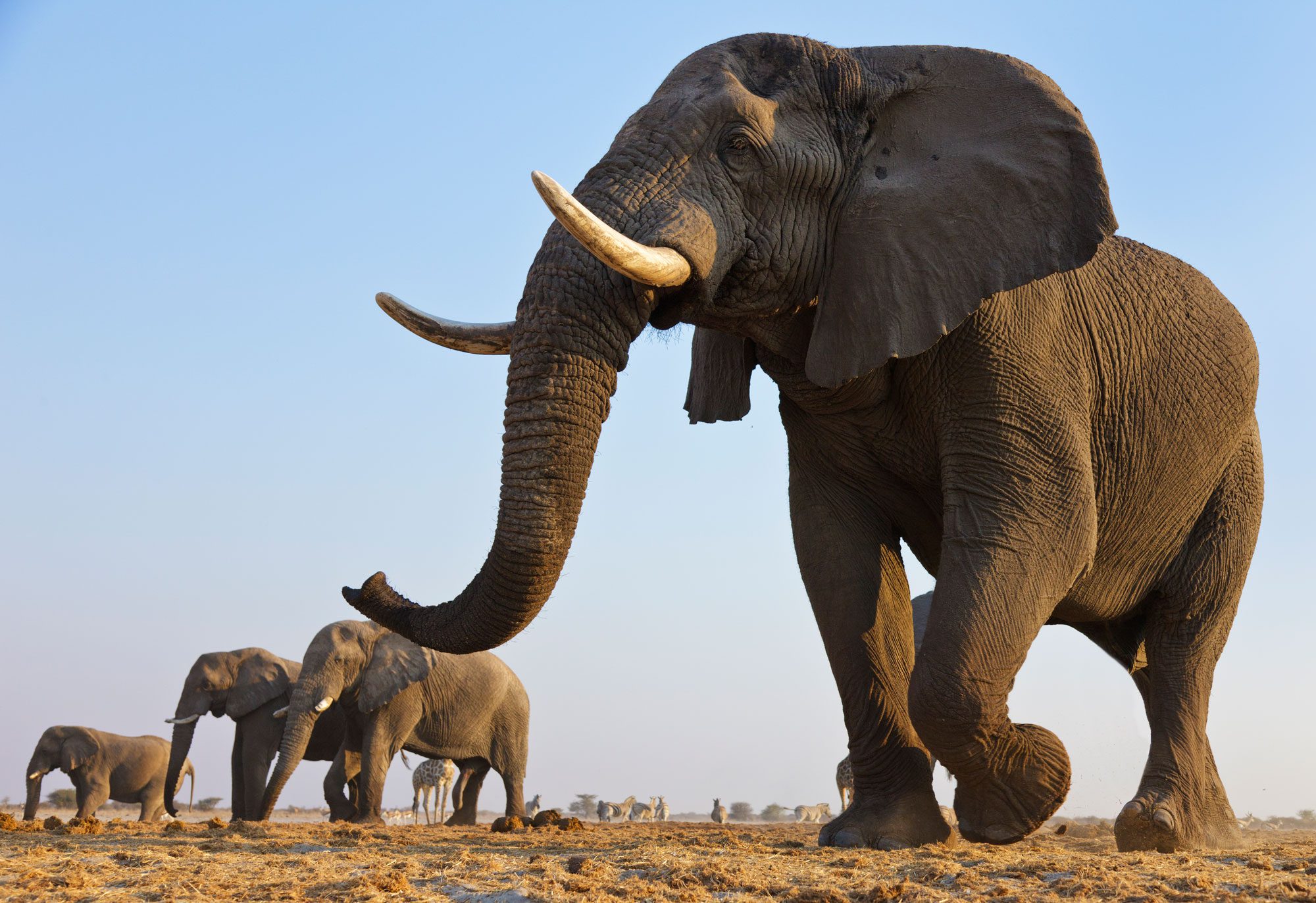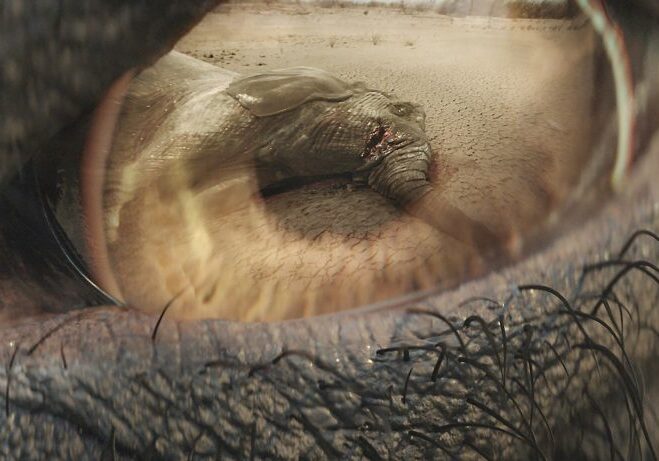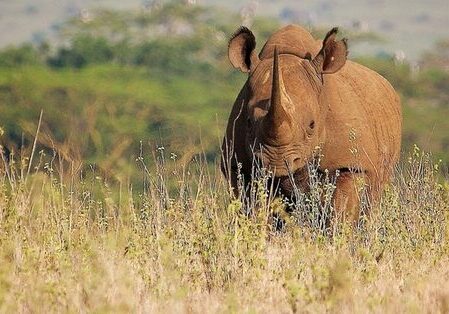Thanks to you, demand for ivory in China has reduced over the last four years – and that’s good news for elephants.
Even though international trade in ivory has been illegal for decades, some countries still allow domestic sales, opening up a route to market for illicitly trafficked ivory. Around 17,000 African elephants are killed for their ivory every year.
At the end of 2017, China – the world’s largest ivory market – banned all domestic ivory sales. The result of years of campaigning, not least by WWF supporters in the UK and all over the world, China’s ivory ban was a game-changer in the fight against illegal wildlife trade.
Since the ban was announced, we’ve been carrying out annual consumer surveys with the research organisation GlobeScan to monitor its effectiveness. And the latest survey shows that the small minority of people in China still interested in buying ivory has more than halved since the ban was introduced – though there’s still work to be done.
For the past four years, we’ve surveyed 2,000 people in 15 cities across China about their attitudes to ivory consumption and awareness of the ivory ban.
Before the ban was introduced, 43% of people interviewed said they intended to buy ivory at some point in the future, though that dropped to 18% once they were reminded that it would no longer be legal. In 2020, 19% said they intended to buy ivory before being reminded about the ban – after which just 8% said they would.

The proportion of people admitting to buying ivory in the previous 12 months also fell to its lowest level since the survey began in 2017.
While the decline in the number of people interested in buying ivory is a significant breakthrough, there’s still a minority who say they don’t intend to stop. Of these, regular overseas travellers are now actually buying more ivory than they did before the ban.
This highlights the need to tighten restrictions on ivory markets in other countries in the region. With your support, we’re working to help create this change, with Singapore and Hong Kong becoming the latest countries to ban ivory sales from this year.
At the same time, we’re running targeted campaigns to change the attitudes and behaviour of people who still think it’s acceptable to buy ivory. In 2020, we launched a social media campaign in China starring Chinese celebrity Ma Weidu aimed at 22 million ‘die-hard buyers’ and regular overseas travellers.
According to the survey, the campaign had a real impact on its target audience, with three-quarters (74%) saying they’d be inclined to stop buying ivory in future.
As long as there’s a demand for ivory, elephants will remain under threat – and the same goes for rhino horn, tiger bones, pangolin scales and the many other products of the illegal wildlife trade. That’s why reducing demand and addressing the other factors driving illegal wildlife trade is every bit as important as our work to help stop poaching.
Beating illegal wildlife trade won’t be easy – but with your support, we can do it.

